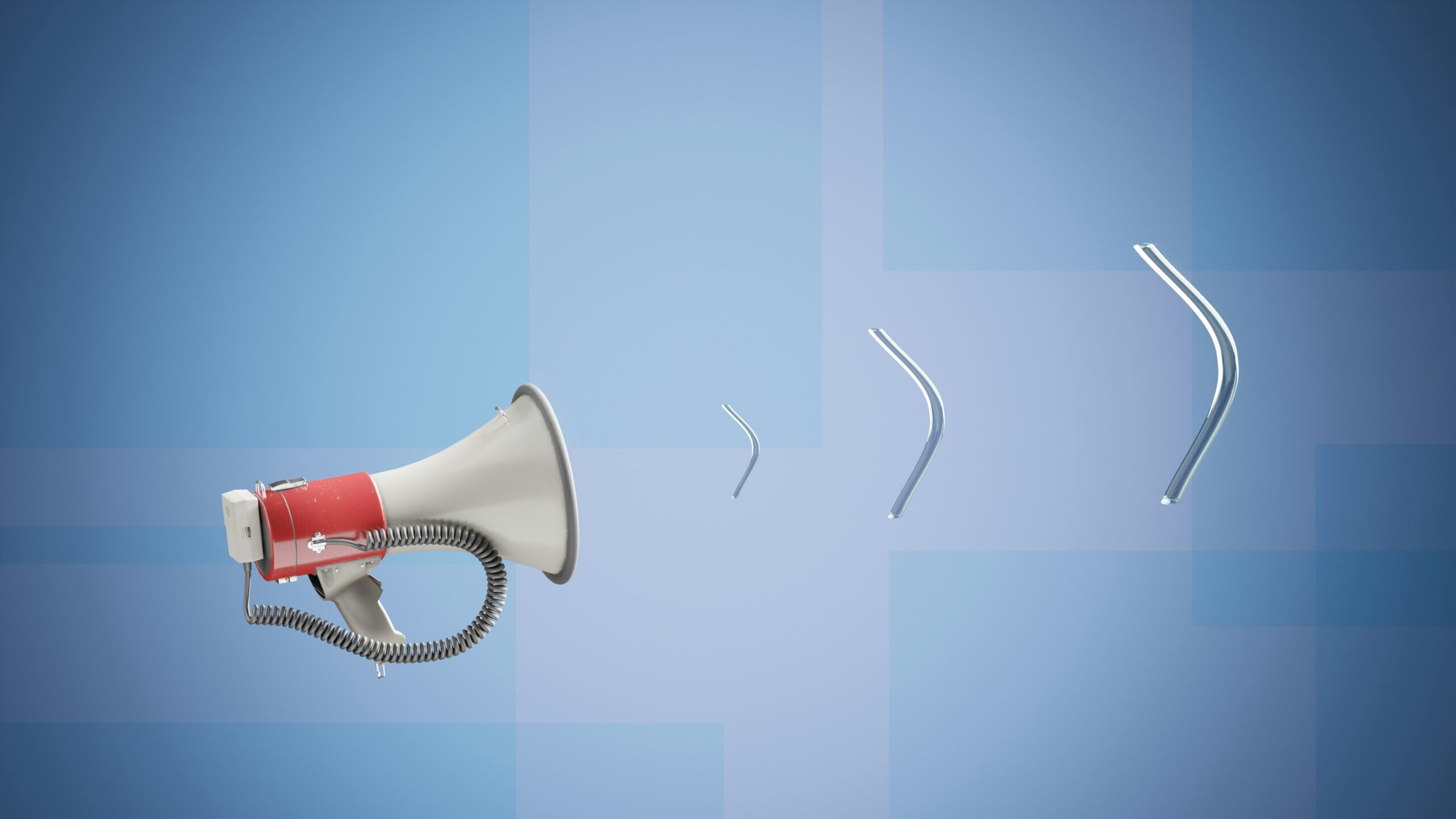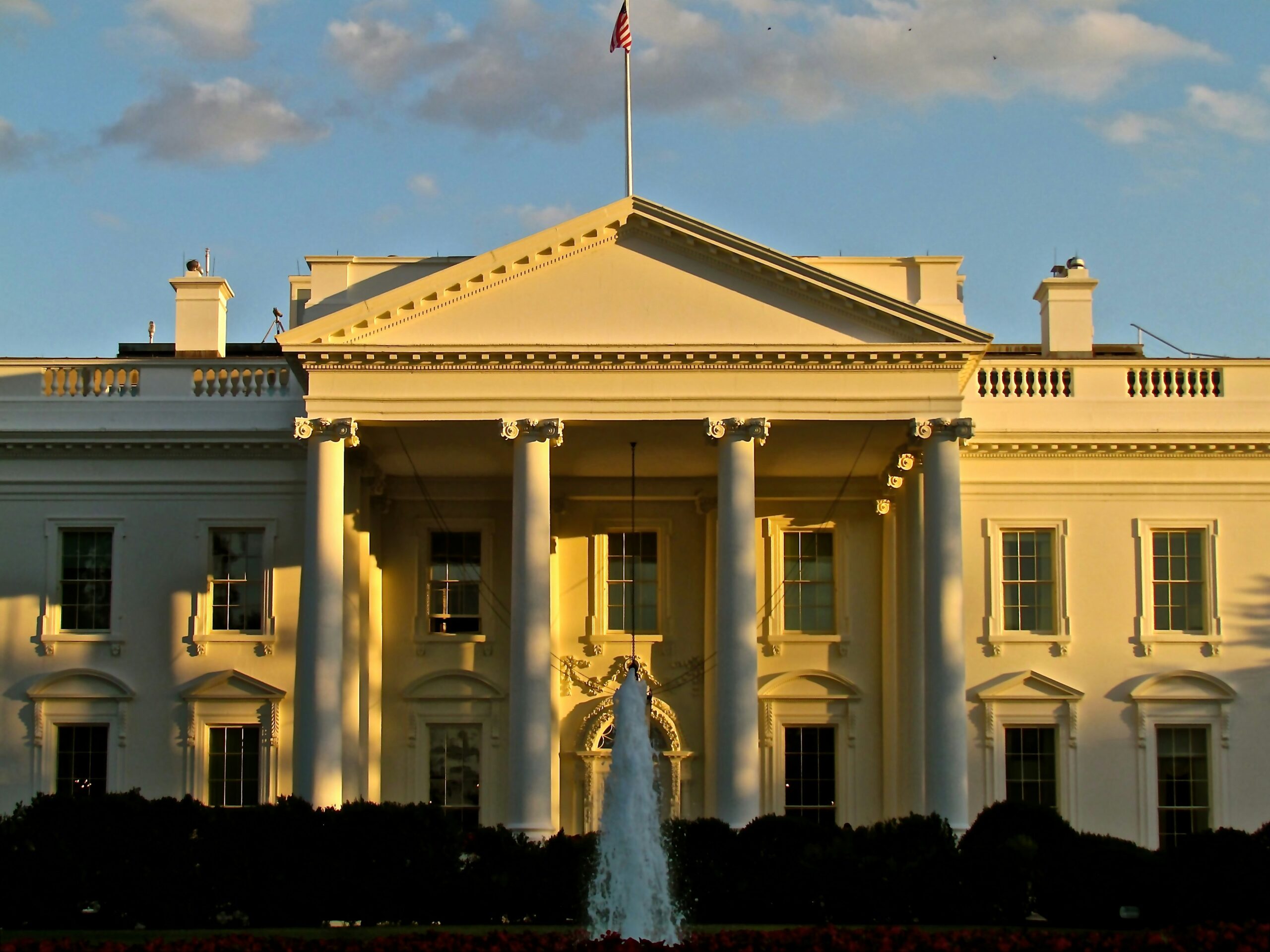On September 12, 2018 the European Union approved controversial amendments its Copyright Directive. The intent of the Copyright Directive is to help translate the EU’s single market strategy in the digital arena. However, critics have significant concerns when it comes to how these amendments will affect internet users in the long run. There is still a ways to go before these amendments come up for a final vote, but here’s everything we know about the controversy so far.
Article 11
Article 11, or the “link tax,” gives publishers and news outlets a copyright claim over the sharing of their content. This means that publishers have the right to ask for paid licenses when online platforms share their stories.
Proponents say that Article 11 levels the playing field between large news aggregators like Google, Yahoo and Youtube and the creators of content by requiring that the large aggregators pay the creators for their work. Those that oppose the law claim that Article 11 could make ordinary, individual users liable.
Although Article 11 explicitly exempts individual users sharing content on a non-commercial basis from liability, what remains unclear is what counts as commercial use. What is also unclear is how hyperlinks will be affected by the law.
Article 13
Another controversial provision is Article 13. Under this amendment, large sharing platforms like YouTube and Facebook are now liable for the copyright infringement committed by their users.
Before this amendment, if a user uploaded infringing content, it was the copyright holder’s obligation to send a “takedown” notice to the platform holding the work. The platform then would remove the content, and the copyright holder could pursue the uploader for infringement. However, Article 13 would allow copyright holders to go after the platforms for infringement as well.
Critics claim this law will force large platforms to scan every piece of content shared by users. While supporters of the bill say that content identification technology might be sufficient for compliance. No matter how the filtering is accomplished, what is clear is that the EU is expecting large companies to assist them in protecting the work of copyright holders going forward.
What Happens Next?
What happens now is that the EU will engage in closed-door discussions about the amendments called trilogues before calling for a final vote sometime in the spring of 2019. So this battle is far from over. What remains to be seen is just how far the EU is willing to go to protect the interests of copyright holders going forward.
Want to make sure your company stays in compliance with the EU directive, Aegis can help. Send us a message or call us at (314) 454-9100.
Who is Pete Salsich III?
Pete Salsich III has been General Counsel for Coolfire Studios, LLC (an entertainment content creation studio), Coolfire Solutions, Inc. (a mobile software development studio focused on the military and commercial enterprise), and MedAware Solutions, Inc. (a mobile software platform company focused on the healthcare industry). Since joining AEGIS, Pete continues to serve in this capacity.
Pete graduated magna cum laude from St. Louis University School of Law in 1996, where he served as Editor-in-Chief of the St. Louis University Law Journal. He was awarded a judicial clerkship for the Honorable Paul J. Kelly, Jr. on the United States Court of Appeals for the Tenth Circuit, and began his practice with Freeborn & Peters in Denver before moving to St. Louis with Stinson Mag & Fizzell in St. Louis in 1999. He was an intellectual property partner at Husch Blackwell in 2009 when he left to found his own intellectual property and entertainment law boutique firm, The BrickHouse Law Group. Pete left BrickHouse in 2013 to move in-house to the Coolfire companies, which had been among his biggest clients. Pete was recognized as one of the Best Lawyers in America in Entertainment Law every year from 2007 until leaving private practice in 2013.




